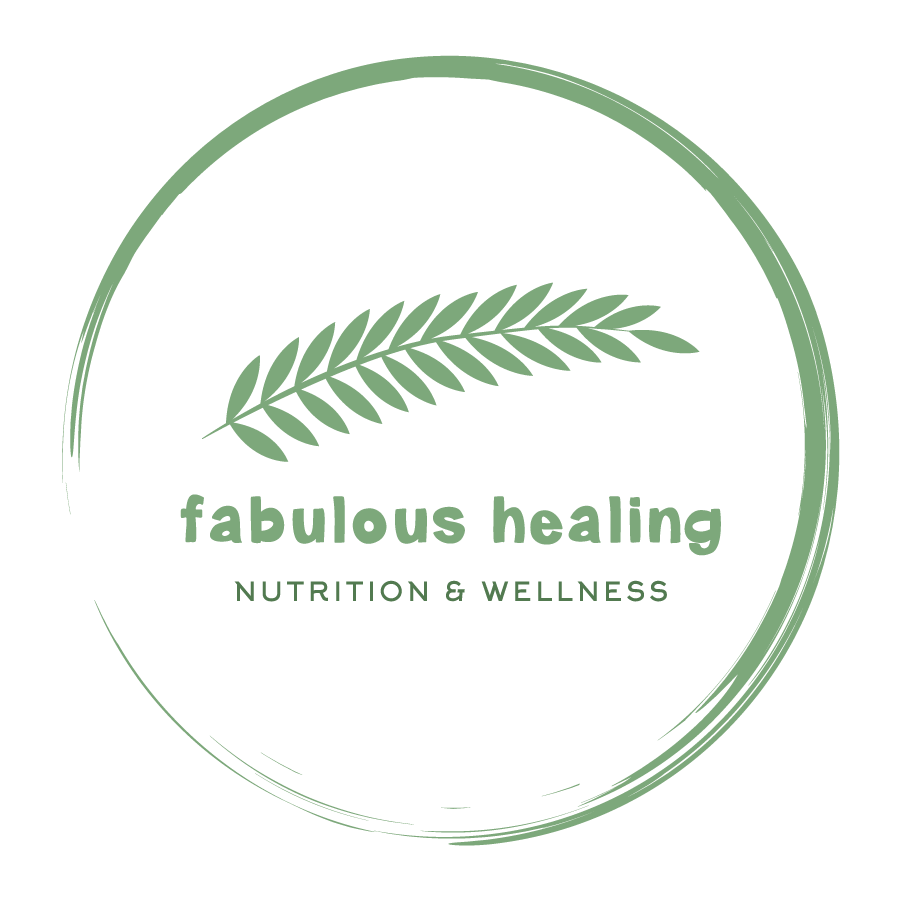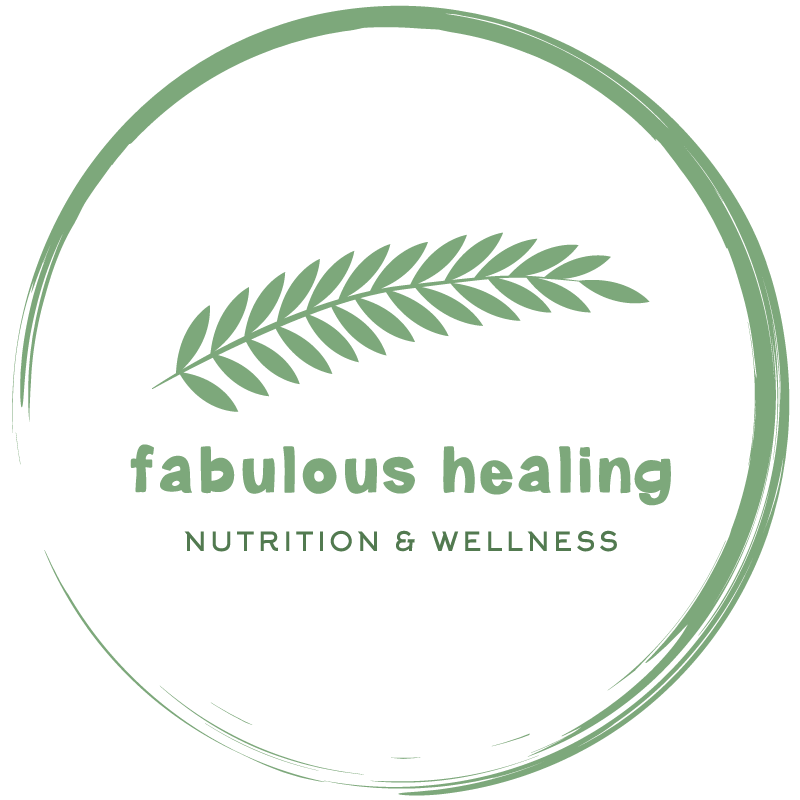Navigating the nuanced landscape of women’s health requires patience, understanding, and sometimes, a little bit of guidance. As a Certified Nutrition Specialist, dietitian, food relationship coach, and women’s health advocate, I’ve been privileged to guide hundreds of women through various life stages. One such stage that tends to prompt many questions is perimenopause. It’s well-known that perimenopause heralds the approach of menopause, but what’s often less clear is its duration – how long does perimenopause actually last? Let’s explore this vital life transition together, shedding light on its unique characteristics and timelines.
Perimenopause: A Variable Phase
Perimenopause, the transitional period leading to menopause, is as unique as the women who experience it. Typically, it starts in a woman’s mid-to-late 40s but can begin as early as the 30s for some. The duration of perimenopause is highly individual, often lasting between 4 to 8 years, and in some cases, it can extend up to 15 years. The timeline ends with menopause, defined clinically as the point when a woman has not had a menstrual period for twelve consecutive months.
Understanding the Transition
Perimenopause is marked by a decrease in the production of estrogen and progesterone, the hormones responsible for regulating the menstrual cycle. This hormonal shift instigates changes in menstrual patterns, and can often give rise to symptoms such as gain weight, anxiety, depression, hot flashes, sleep disturbances, mood changes, and vaginal dryness. Remember, each woman’s journey through perimenopause is different; some may experience many symptoms, others may have few, and the intensity can also vary greatly.
Final Stages of Perimenopause
During the final stages of perimenopause, typically the last 1 to 2 years, the drop in estrogen accelerates. This is the time when most women encounter menopause-like symptoms.
Once you’ve reached the point of menopause, this doesn’t mean the symptoms will immediately disappear. It’s not uncommon for some symptoms like hot flashes and weight gain to persist for several years into post-menopause. Again, this is a highly individual process.
Early Perimenopause: An Exception to the Rule
In some instances, women may enter perimenopause earlier than the average age range. Known as premature or early perimenopause, this can begin in women as young as their 30s or even 20s. This can last the usual length of perimenopause but does mean women enter menopause earlier than average. It’s crucial to seek medical guidance if you suspect early perimenopause, as it can have implications for bone health, heart health, and overall wellbeing.
Managing the Perimenopause Journey
The length of perimenopause can be influenced by various factors, including lifestyle, overall health, and genetics. While we can’t control some of these factors, we can definitely play an active role in managing our health during this period.
Embrace Healthy Lifestyle Habits
Healthy lifestyle habits are your allies during perimenopause. Regular physical routine that is tailored for this stage of your life, a perimenopause-focused diet rich in foods that support hormonal balance, sufficient sleep, and stress management can significantly aid in managing the symptoms of perimenopause. Avoiding triggers such as spicy foods, caffeine, and alcohol can also provide relief, particularly from hot flashes.
Nurture Your Mental Health
Don’t neglect your mental health during perimenopause. The emotional transition can be just as significant as the physical one. Mental health support, mindfulness practices, and ensuring time for relaxation and enjoyment can all contribute positively to your journey. In some cases, a psilocybin-assisted therapy can help alleviate mental health symptoms such as anxiety and depression.
Diet and Perimenopause
As a nutritionist and dietitian, I cannot overstate the importance of diet during perimenopause. A diet rich in phytoestrogens, Omega-3 fatty acids, and B vitamins can help manage symptoms and support overall health. Including plenty of fruits, vegetables, lean proteins, and whole grains can make a difference in how you feel and navigate this phase.
Perimenopause, like any other stage of a woman’s life, should be approached with understanding and care. It’s not about ‘suffering through’ the symptoms, but about actively managing your health during this time. It’s a journey and one that should be traveled with knowledge, support and a good dose of self-care. You are not alone, and with the right information and guidance, you can navigate this path in a way that is right for you.





